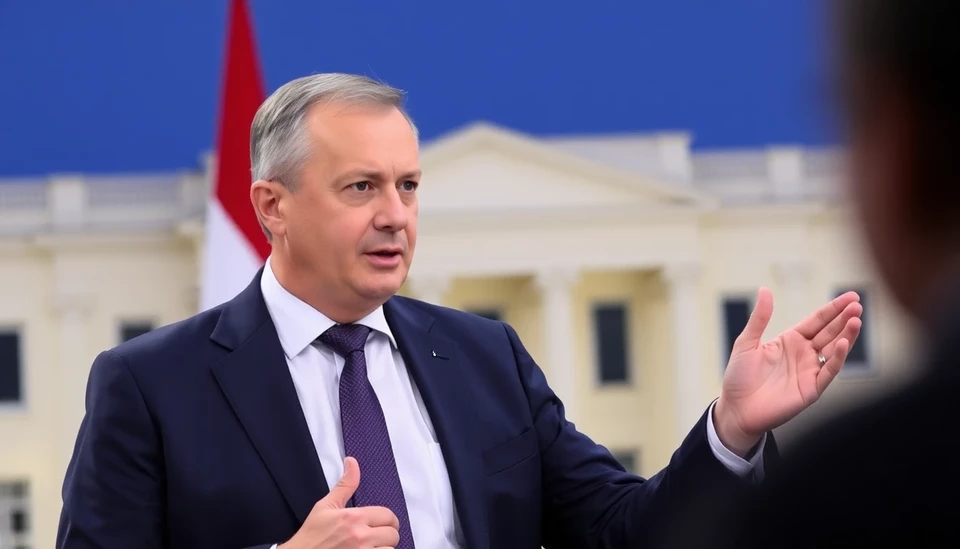
In a significant move signaling economic caution, Hungary's central bank has announced its decision to maintain the current key interest rate as inflationary pressures intensify. This decision comes amidst ongoing turbulence in the economic landscape, characterized by soaring prices and fluctuating market sentiments. The Hungarian National Bank's (MNB) decision underlines its commitment to monetary stability while attempting to manage the complexities of soaring inflation rates.
As of now, the MNB has opted to keep the benchmark interest rate steady at 13%, a strategic choice designed to strike a balance between fostering economic growth and combating the rising cost of living in Hungary. This decision is particularly pertinent given the recent spike in inflation that has raised eyebrows among economists and market analysts alike.
The inflation rate in Hungary surged to a staggering 20.1% in December 2022, a level not seen in the country for several decades. This alarming increase has led to widespread concerns regarding consumer purchasing power and the overall economic health of the nation. The central bank, while acknowledging these rising costs, asserted that maintaining the status quo on interest rates would allow more room for assessing ongoing economic dynamics before making any drastic alterations.
Central bank officials believe that their current monetary policy stance remains appropriate for the time being, especially with global economic uncertainties loomed overhead, including supply chain disruptions and geopolitical tensions that could exacerbate inflationary pressures. Their cautious approach reflects a broader trend observed among central banks worldwide, which are grappling with the combined effects of the lingering pandemic and external shocks to their economies.
Moreover, the MNB's decision not to alter interest rates also stems from the anticipation of seasonal fluctuations tied to energy prices and food products. Many analysts expect that these costs may normalize in the coming months, which could provide some relief to the overall inflation rate. Nonetheless, the outlook remains uncertain, with various economic indicators closely monitored and scrutinized by policymakers.
In conclusion, Hungary's decision to hold the key interest rate steady at 13% represents a deliberate strategy to navigate through turbulent economic times. While market analysts will keep a keen eye on future developments, the emphasis will remain on measuring the impact of global trends on domestic inflation and economic stability.
The MNB's ongoing assessment of its monetary policy highlights a commitment to ensuring that inflation does not spiral out of control, all while seeking to promote economic growth in a challenging environment. As the situation develops, all eyes will be on Hungary, watching how its policies adapt in response to both domestic and international economic shifts.
#Hungary #InterestRates #MonetaryPolicy #Inflation #EconomicStability #CentralBank #MarketTrends
Author: Laura Mitchell




